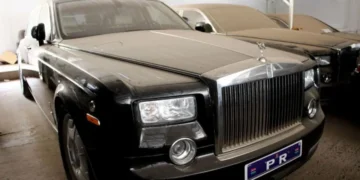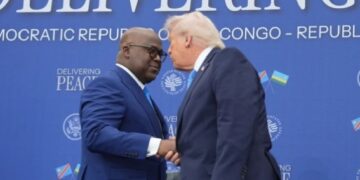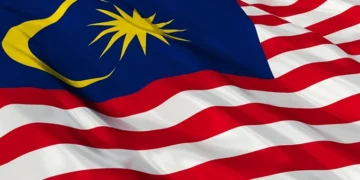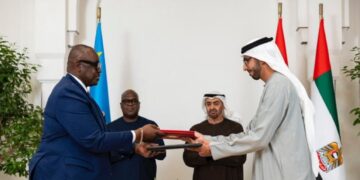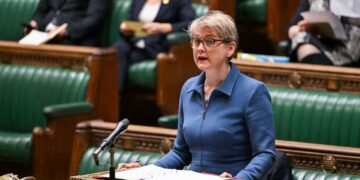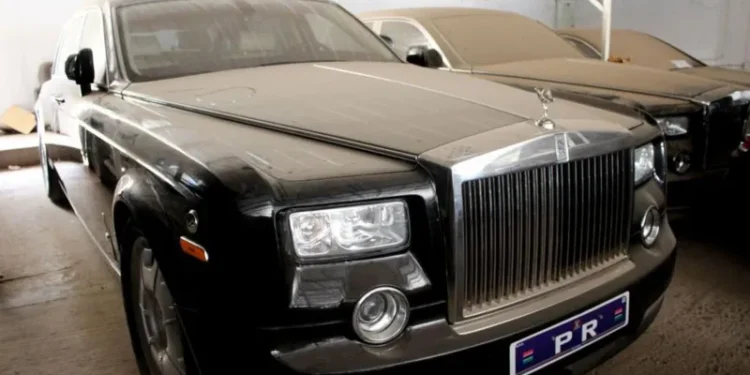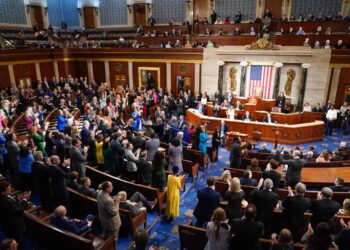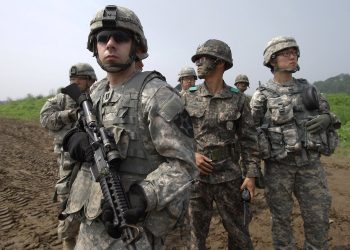By Enyichukwu Enemanna
In response to widespread public concern, Gambian authorities have launched a probe into the sale of assets seized from former President Yahya Jammeh.
Some of the assets include luxury vehicles, livestock and boats. They were auctioned while a panel was still investigating the wealth Jammeh amassed during his 22-year rule.
An investigative journalist had exposed alleged irregularities and an apparent lack of transparency in the sale of the assets, sparking protests among young people.
President Adama Barrow, in a televised address, pledged “full transparency” in the probe, stating that the assets recovered “belong to the people”.
He said he had convened a cabinet meeting on Tuesday to discuss details of the sales, some of which he was learning about “for the first time”.
He noted that the country’s parliament and the National Audit Office were both conducting parallel inquiries into the matter.
“Their findings will be made public, and my government will enforce their recommendations to address the shortcomings discovered and hold accountable any individual or entity found culpable,” the president said.
He urged Gambians to remain calm, warning that his government “will not tolerate negligence, or any wrongdoing linked to safeguarding our nation’s resources”.
Jammeh, who seized power in a 1994 coup, is accused of masterminding the large-scale theft of government funds, as well as committing extensive human rights abuses, including the killing and jailing of critics.
The former leader, who fled into exile in Equatorial Guinea in 2017 after losing elections, has previously denied all allegations of wrongdoing.
That same year, President Barrow set up an investigative panel to probe alleged corruption and financial misconduct by Jammeh during his two-decade-long rule.
The investigation found that Jammeh had allegedly stolen at least $360 million and spent lavishly on expensive vehicles, aircraft, and real estate.
Following public pressure, the government published a detailed list of the assets already sold, which included some of Jammeh’s luxury cars, livestock, boats, construction equipment, household goods, parcels of land, and heavy farm machinery.
The list showed the buyers, prices, and dates of sale.
However, some of Jammeh’s luxury cars, such as his customised Rolls-Royce and Bentley, were not included.
It is unclear whether those vehicles were sold or shipped to him, as the government had previously allowed him to take some items to Equatorial Guinea
